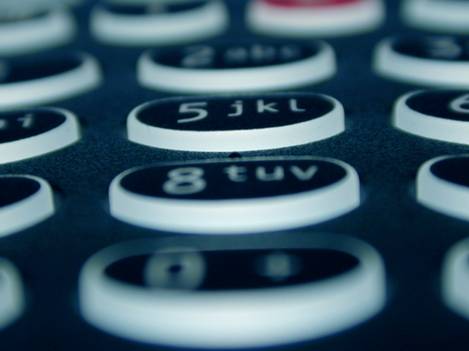Verbal / oral communication

We have two ears and one mouth so that we can listen twice as much as we speak.
Epictetus
 Oral or verbal communication describes any type of interaction between individuals which makes use of words and involves speaking and listening. In oral communication, the sender and receiver exchange their thoughts or ideas verbally either in face-to-face discussion or through any mechanical or electrical device like telephone or VOIP system like Skype. The ability to communicate effectively through speaking is highly valued in business.
Oral or verbal communication describes any type of interaction between individuals which makes use of words and involves speaking and listening. In oral communication, the sender and receiver exchange their thoughts or ideas verbally either in face-to-face discussion or through any mechanical or electrical device like telephone or VOIP system like Skype. The ability to communicate effectively through speaking is highly valued in business.
Examples of oral communication within an organisation include:
- staff meetings, business meetings and other face-to-face meetings
- personal discussions
- presentations
- telephone calls
- informal conversation
- public presentations such as speeches, lectures and conferences
- teleconferences or videoconferences
- interviews
Oral communication is effective when it is clear, precise, relevant, tactful, considerate, concise, informative and adapted to the needs of the listener. The delivery of effective communication requires a speaker to consider his or her vocal pitch, rate, and volume. It is important to incorporate changes in vocal pitch to add emphasis and/or avoid monotony.
Non verbal elements such as posture, gestures, and facial expression are also important factors in developing good oral communication skills. Good verbal communicators make frequent eye contact to ensure understanding and to develop rapport with the listener.
This type of communication has certain advantages over written communication:
- quick and prompt with the opportunity to both the transmitter and receiver of the message to respond directly
- permits plain language
- questions can be asked immediately to improve understanding
- generally inexpensive
- oral communication can be supported by non-verbal communication such as gestures which enhance the message
- facilitates close contact and collegiality potentially improving motivation
However, oral communication does have some drawbacks:
- unless the conversation is recorded there is no formal record of what was said
- it may not be suitable for confidential or personal information
- often more time-consuming than say an e-mail
- it relies on the presenter's verbal skills
- formal presentations are time-consuming to prepare